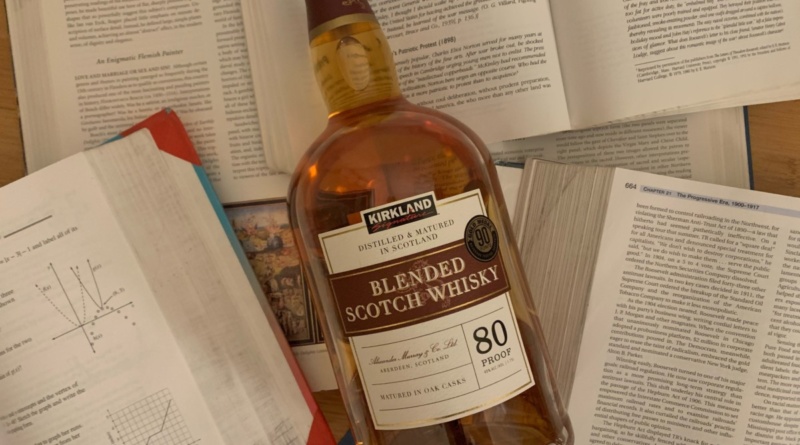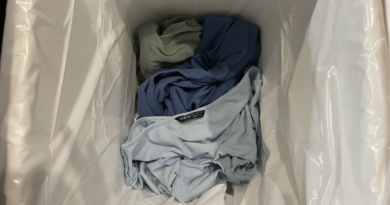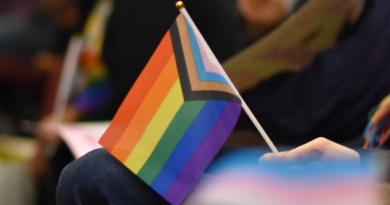Rethinking methods of educating teenagers about drugs
CAPTION: Many middle and high schoolers use substances during school.
By Shira Kalish,
BlueDevilHUB.com Staff-
“Don’t do drugs.” It is a sentiment that is familiar to adolescents in Davis. Despite efforts in health classes and school counseling offices to discourage underage substance use, Davis schools are no exception from the rampant drug use that has been a part of teenage life for decades.
Junior Shaan Sylvain knows plenty of people who smoked, drank or vaped at school prior to its closure in March 2020.
“No one talks about drugs at [Davis High] at all. It’s like the adults pretend it’s not happening,” Sylvain said. She often found herself sitting in class next to a student vaping right in their seat. “It’s distracting and also just annoying, and weird and uncomfortable. I feel like there should be boundaries. It should be like, don’t drink and smoke at school. That’s where we go to learn things and grow as people.”
Substance use during school hours is not limited to high school. One recent DaVinci High School graduate, who will be referred to as Emma Collins, noticed students doing drugs on campus not just in high school, but in junior high.
“I think that [substance abuse] is very glamorized in Davis, and also very common. There’s a culture of enabling adolescent drug use. Everyone does drugs and it’s really easy to get them,” Collins said. Students would get drugs and alcohol from their friends or steal them from their parents.
In one instance, Collins and her friend, who at the time were in junior high, got so drunk during school that they threw up in the bathroom. Even though she interacted with several teachers and staff that day, none of them noticed her inebriated state. At one point, she even fell down in the hallway.
According to the National Center for Drug Abuse Statistics, around 50 percent of teenagers have misused a drug at least once in their lifetime, and 86 percent of teenagers know someone who smokes, drinks or uses drugs during the school day.
“I’ve never been directly pressured to do drugs. It’s more like, everyone’s doing it so then you want to feel a part of it too,” Collins said.
According to Lawrence Shweky, a therapist in Davis who works primarily with teens and families, teenagers get hooked on drugs as a coping mechanism. Drugs can provide temporary relief from underlying mental health issues, leading teens to grow reliant on them.
Many teenagers observe adults engaging in recreational drugs like alcohol, and according to Shweky, “It’s hard for teens to imagine that just because they’re 16 and not 18 or 21, that they shouldn’t be able to do this.” It is not always productive to tell teenagers that they should abstain from drug use until they reach a specific age that differs by country and culture.
“Most approaches that revolve around abstinence don’t necessarily work that well. Whether it’s saying no to drugs, or [abstaining from] sex, it’s probably not going to work because the truth is it’s not realistic,” Shweky said. “[Abstinence] is not in sync with youth culture, where it’s pretty easy to access drugs.”
He said that a more effective way to teach adolescents about drugs is to educate from the perspective of how substances affect the body and overall well being. Adults should be willing to keep the conversation open, acknowledging the complexity of the issue rather than watering it down to a simplistic, black and white approach.
“You have to be more focused on educating around the pros and cons of using substances, because a lot of kids are going to use them, and they’re not going to talk to you about it if there’s such a strong wall about adults’ attitudes about it,” Shweky said. “I don’t want to say it’s okay for teens to do drugs. I don’t think it’s a good thing, I don’t think it’s healthy. On the other hand, you can’t act as if just saying that to them is somehow going to make it stop.”
Sylvain holds a similar perspective.
“Adults saying ‘if you do drugs you’re killing yourself so don’t do it’ is more of a fear tactic. It just doesn’t work, evidently. I feel like we should learn about drugs scientifically more than morally,” Sylvain said.




